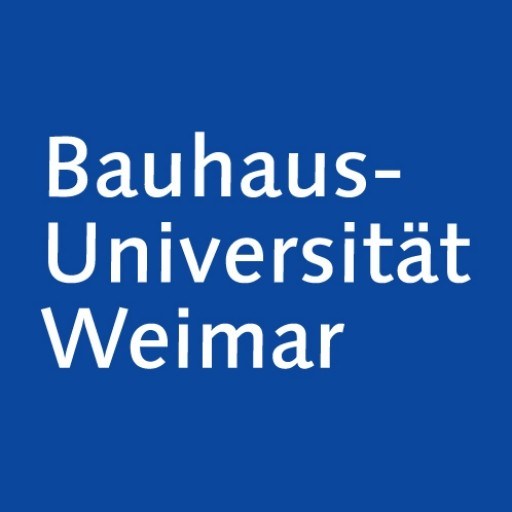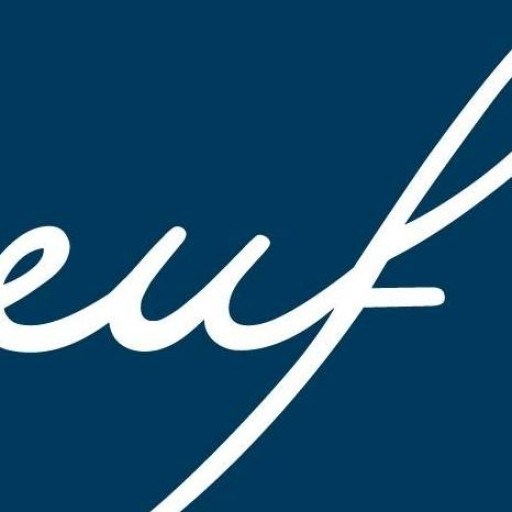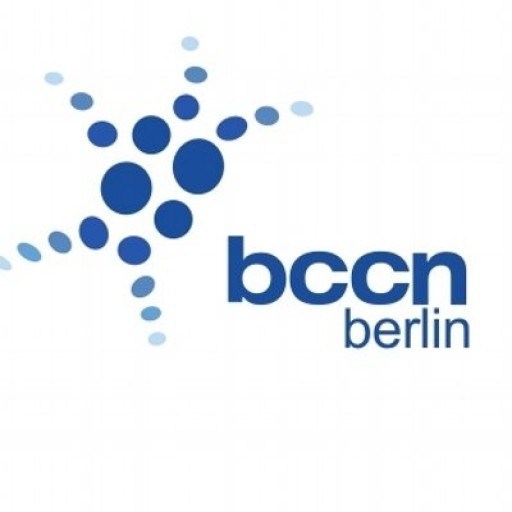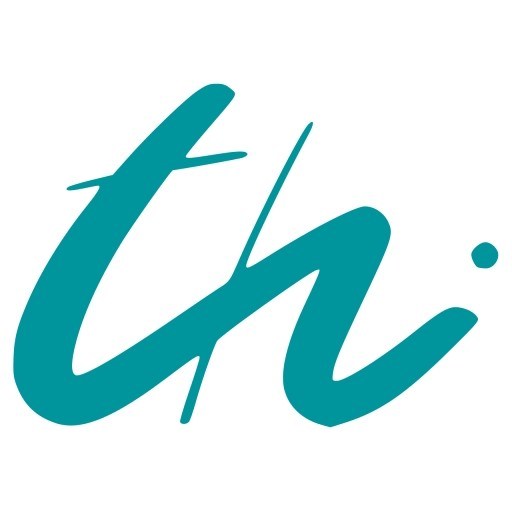Photos of university / #fu_berlin
Visual and Media Anthropology at the Free University of Berlin offers an interdisciplinary approach to understanding the role of visuality and media in contemporary societies. This program explores how images, videos, and other visual media influence cultural practices, social interactions, and identity constructions across different contexts around the world. Students will examine the production, circulation, and reception of visual materials through theoretical frameworks from anthropology, media studies, and cultural studies. The curriculum combines rigorous academic coursework with practical fieldwork, enabling students to develop analytical skills and media literacy essential for careers in academia, media organizations, NGOs, and cultural institutions.
Throughout the program, students investigate diverse topics such as ethnographic film, digital media, social media landscapes, visual politics, and the ethics of representation. They gain hands-on experience in creating their own media projects, analyzing visual data, and engaging with communities through ethnographic methods. The program emphasizes critical thinking about how media shapes perceptions of identity, power, and social change, fostering a nuanced understanding of the complexities of visual culture in a globalized world.
Students also have the opportunity to participate in workshops, seminars, and collaborations with media practitioners, anthropologists, and artists. The program encourages interdisciplinary dialogue and international exchange, preparing graduates to work in research, media production, cultural management, or further academic studies. By the end of the program, students will be equipped with comprehensive knowledge of visual and media anthropology, enabling them to contribute to scholarly debates and societal discussions on the significance of visual culture in contemporary life.
The Master’s degree in Visual and Media Anthropology at Free University of Berlin offers a comprehensive interdisciplinary approach to understanding the role of visual and media practices within different cultures and societies. This programme is designed to equip students with the theoretical knowledge and practical skills necessary to analyze, interpret, and produce visual and media content in diverse cultural contexts. Students will explore how images, videos, and other media forms influence social processes, identity construction, political engagement, and cultural expressions worldwide.
Throughout the programme, learners are introduced to key concepts in anthropology, media theory, and visual studies. They critically examine the ethical, political, and social implications of visual and media representation. The curriculum includes a wide array of courses, such as visual ethnography, media archaeology, digital media analysis, and cultural theory, enabling students to develop a nuanced understanding of the interconnectedness between media practices and societal change.
Students will engage in hands-on projects, including fieldwork, media production, and curatorial activities. This practical component emphasizes the importance of participatory research methods and allows students to produce their own visual materials, which they critically analyze within anthropological frameworks. The programme also encourages international perspectives and cross-cultural dialogue, preparing graduates for careers in academia, media organizations, cultural institutions, NGOs, and creative industries.
The interdisciplinary nature of the programme fosters critical thinking and methodological rigor. Students learn to navigate complex issues surrounding media representation, digital activism, visual literacy, and intercultural communication. Faculty members, who are experts in anthropology, media studies, and visual culture, guide students through their academic and professional development by integrating theory with practice.
Graduates of the Visual and Media Anthropology Master’s programme will be well-equipped to analyze contemporary media phenomena, contribute to cultural and media research, and produce meaningful visual narratives. With its combination of theoretical depth and practical training, the programme prepares students to become innovative researchers, educators, and media professionals committed to responsible and reflective engagement with visual and media practices in a globalized world.
Program requirements for the Master's degree in Visual and Media Anthropology at Free University of Berlin include completing a structured curriculum that combines theoretical coursework, practical training, and research activities. Applicants are typically required to hold a relevant Bachelor's degree or equivalent qualification in anthropology, media studies, or a related field. Proficiency in English is mandatory, with evidence provided through standardized tests such as TOEFL or IELTS, as non-native speakers need to demonstrate sufficient language skills to engage with program materials and participate actively in discussions. Prior experience or familiarity with visual or media-based research methods is advantageous but not strictly mandatory. Candidates are expected to submit a motivation letter outlining their research interests and how they align with the program's focus on visual culture, media practices, and ethnographic approaches. Letters of recommendation from academic referees are also required to assess the applicant’s academic performance, research potential, and suitability for advanced study. A comprehensive curriculum vitae (CV) detailing educational background, research experience, and relevant work is necessary. International applicants may need to provide proof of academic credentials recognized by the university and to demonstrate the ability to finance their studies and related living expenses. The program encourages applicants with a demonstrable interest in contemporary media phenomena, ethnographic research, or visual anthropology. While specific prerequisites may vary, the program emphasizes interdisciplinary skills, critical thinking, and engagement with diverse cultural contexts. The application process involves submitting all required documentation through the university’s online portal before the specified deadline. Additionally, prospective students might be invited for an interview or to submit a portfolio of relevant work. The program aims to attract students committed to exploring the dynamic intersections of anthropology, media, and visual culture, preparing them for careers in academia, media production, cultural institutions, or NGOs.
The Visual and Media Anthropology master’s program at the Free University of Berlin offers a variety of financing options for enrolled students. Tuition fees for international and domestic students are generally covered by the standard regulations of the university, which often include participation in the semester fee, covering administrative costs and student services. The semester fee typically includes public transportation tickets, which can significantly reduce transportation expenses for students in Berlin. Specific tuition fees for the program are not explicitly listed on the university’s official site, indicating that the program may be tuition-free or subject to standard semester fees, depending on the student's residence status.
Students are encouraged to explore scholarship opportunities through the university’s scholarships and funding programs. The university provides information about various scholarships, grants, and financial aid options suitable for international students studying in Berlin. The Deutsche Akademische Austauschdienst (DAAD) offers numerous scholarships for international students, which can be applied to support studies in media and anthropology. Additionally, there are targeted scholarships and funding sources aimed at students engaged in cultural and media studies.
Part-time employment opportunities are available for students to support their living costs. Berlin’s vibrant cultural scene and numerous media institutions provide opportunities for internships and part-time jobs, especially within fields related to media production, journalism, and cultural management. The university’s career service offers guidance on finding suitable employment in the city, which can help students balance work and study commitments.
Students can also consider applying for student loans or financial support from their home countries, if applicable. Many students from abroad bring personal or family funding to support their studies, but it is recommended to plan ahead for costs related to accommodation, health insurance, food, study materials, and personal expenses.
Health insurance is mandatory for all students and should be arranged prior to commencing studies. International students can access health insurance through German statutory health insurance providers, which may be covered under the semester fee or purchased separately.
In conclusion, financing studies in Visual and Media Anthropology at the Free University of Berlin can be managed through a combination of university fees, scholarships, part-time employment, and personal savings. Prospective students are advised to thoroughly research available scholarships and funding options early in their application process to ensure comprehensive financial planning.
Visual and Media Anthropology at the Free University of Berlin offers a comprehensive interdisciplinary approach to understanding the cultural, social, and political aspects of visual and media practices around the world. This program is designed for students interested in exploring how images, media, and visual cultures influence societies and serve as tools for communication, identity formation, and social change. By integrating anthropological theories with media studies, students develop a nuanced understanding of the role of visual and media technologies in shaping contemporary life. The curriculum includes courses on ethnographic research methods, media analysis, visual ethnography, cultural studies, and digital media. Students engage in practical projects such as fieldwork, media production, and analytical essays, fostering both theoretical knowledge and practical skills. The program encourages critical reflection on issues such as globalization, visual politics, representation, and media ethics. It prepares graduates for careers in research, media production, cultural management, or further academic study. The teaching staff consists of experienced scholars with diverse backgrounds in anthropology, media studies, and visual culture, providing students with a rich learning environment. The program emphasizes international perspectives and often includes field trips, guest lectures, and collaborative projects with other institutions. Graduates of Visual and Media Anthropology are well-equipped to analyze and create visual content, conduct ethnographic research involving media, and contribute to debates on media and cultural policy. The university's resources include specialized libraries, digital media labs, and research centers dedicated to media and communication studies. Overall, the program aims to foster critical, creative, and methodological skills necessary for understanding the complex relationships between media, culture, and society in a globalized world.









